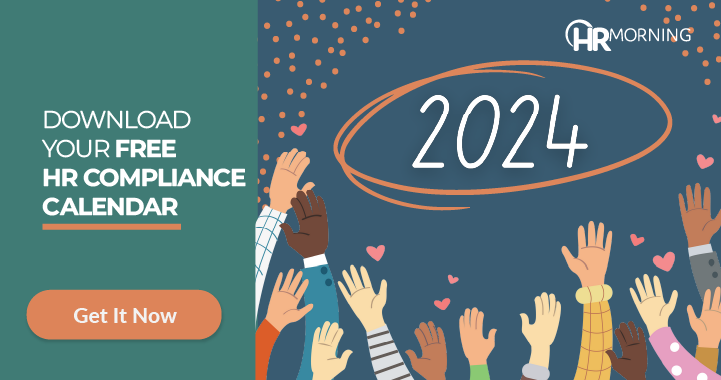I’m a big sci-fi fan, particularly the stories where space travelers return from a long journey and everyone they know has changed.
HR may just find their workers returning to the offices, back from the “journey” of the year-plus long pandemic and working remotely, have changed quite a bit as well.
You may not immediately see the changes in your returning workers but you need to understand that many of those who left the mothership over a year ago, perhaps in a very rushed exit, have indeed gone through a metamorphosis on the inside.
Mental health issues often arise well after the disaster has passed. We see this in cases of workers displaced or impacted by natural disasters such as hurricanes or earthquakes, and man-made disasters alike.
Weeks or months after the disruption, mental health issues start to surface that affect the worker as well as the organization.
Here are some steps HR can consider to ease the transition back to the office and, ultimately, back to better mental health.
Know your workers’ health risks
HR administrators should consider requiring members to update their Health Risk Assessment to gauge the health concerns and struggles members may be feeling. These data are usually collected annually, but more frequent pulsing of your workers will allow for a more agile and responsive solution. Administrators can use the HRA results to make evidence-informed decisions about wellness/wellbeing programming. Plus, asking for an updated HRA has the added benefit of reminding employees that their health, and their opinions, are the center of your organization.
Make getting healthy fun
Mental health goes hand in hand with physical health. Organize “wellness challenges” to offer group challenges and employee-to-employee challenges that include a combination of physical activity (such as tracking steps, setting mileage goals, etc.), and emotional wellness (mindfulness, work/life balance).
Digital coaching builds resilience
Help ensure your workforce has quick access to programs and services that guide workers on how to make smart food choices, understanding nutrition basics, tips for improving sleep, guidance for controlling alcohol use, and how to find joy in exercising and being active. From a mental health perspective, programming that supports resilience and coping mechanisms can amplify your people’s capacity to deal with negative situations.
And one more point. Accept that you too may have changed during this last year in quarantine. Take advantage of the wellness programs offered by your company—they are there for you, too. These days, the old adage, Cura te ipsum, or “Physician, heal thyself” rings particularly true for HR practitioners, as well.



